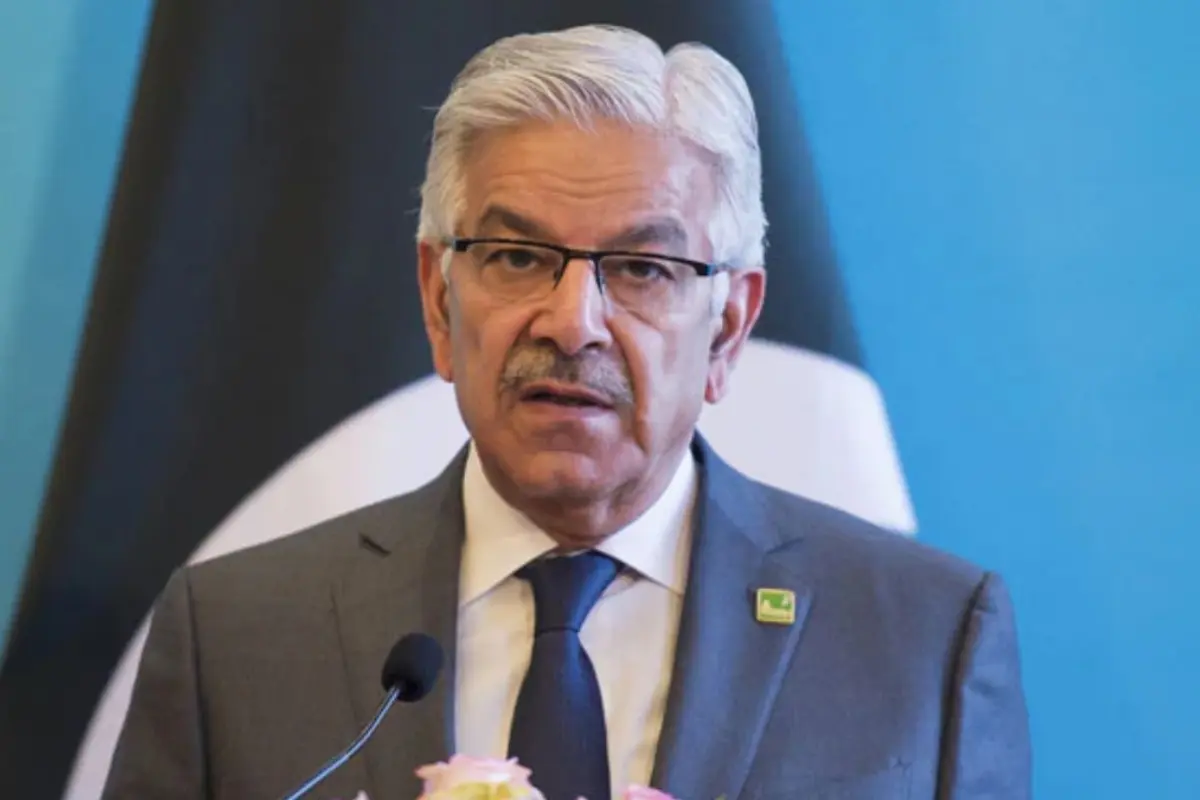In yet another provocative assertion that raised eyebrows across South Asia, Pakistan’s Defence Minister Khawaja Asif has claimed that India is meddling in Afghanistan’s internal politics, calling it nothing but a “puppet show at the hands of New Delhi.” He made the comments during a period of escalating border tensions and a deteriorating diplomatic relationship between Pakistan and its neighbor to the west.
In statements to the Pakistani media, Asif asserted that India was using Afghanistan as a “base to spread unrest” in the region and to undermine “the security interests of Pakistan.” He also accused Afghanistan of using its territory to harbor elements that are hostile to Pakistan — an allegation that Kabul has strongly denied in the past.
A Familiar Accusation Amid Mounting Pressure
Khawaja Asif’s remarks come after border clashes between Pakistani and Afghan forces, killing several people and displacing hundreds of families from their homes near Durand Line. Pakistan accused Afghanistan of “cross-border provocations,” whereas Afghan officials claimed Islamabad repeatedly violated the bilateral agreements and fired without provocation.
DON'T MISS
Analysts note observers consider the Pakistani minister’s latest outburst an effort to distract from escalating domestic political and security issues related to growing extremism and a faltering economy. Analysts also noted that with Pakistan’s long-standing track record of providing shelter for terrorist groups operating in their vicinity, Pakistan’s credibility on counterterrorism is also weak.
India Maintains Silence, Focuses on Regional Stability
Asif’s comments received a lot of coverage in the local media; however, India has declined to comment formally, continuing its longstanding position of supporting a peaceful and autonomous Afghanistan. New Delhi has made significant investments in Afghan infrastructure, education, and healthcare over the last 20 years — investments that are often lauded by the international community for helping the war-torn nation recover. In private, Indian officials dismissed the minister’s comments as “baseless and motivated by politics,” while also pointing out that Pakistan has frequently used rhetoric of this kind to divert international attention from problems it is facing internally.
The Broader Picture: Regional Trust Deficit
This recent exchange illustrates the pervasive mistrust that remains a prominent feature of South Asia’s geopolitics. Since the Taliban took control of Afghanistan in 2021, relations between Islamabad and Kabul have deteriorated, with both sides accusing each other of harboring hostile actors. In the process, Pakistan’s regional relations have worsened amidst increasing isolation in global forums, and even pressure domestically, related to Pakistan’s economic challenges. Some commentators note that Islamabad should focus on combating terrorism within its own borders, rather than deflect accusations onto others — an issue which has inflicted a heavy toll on thousands of innocent lives. As the war of words continues, one thing is obvious: Asif’s vigorous rhetoric will be acceptable to domestic elites, along with some support from the public, but his remonstrance against Kabul may further damage Pakistan’s tenuous regional reputation.
